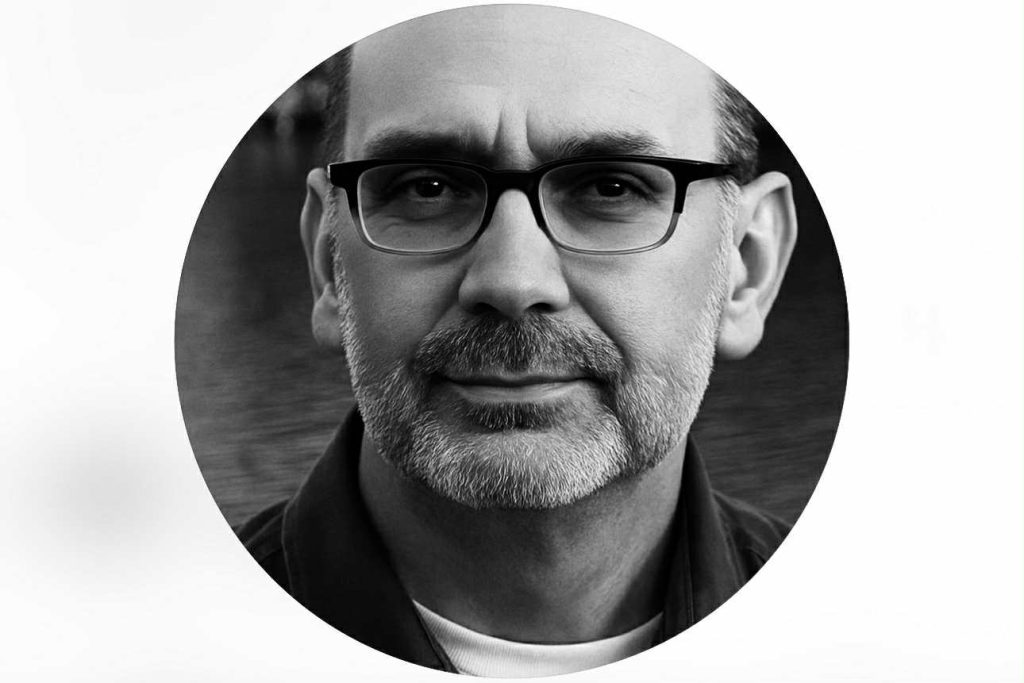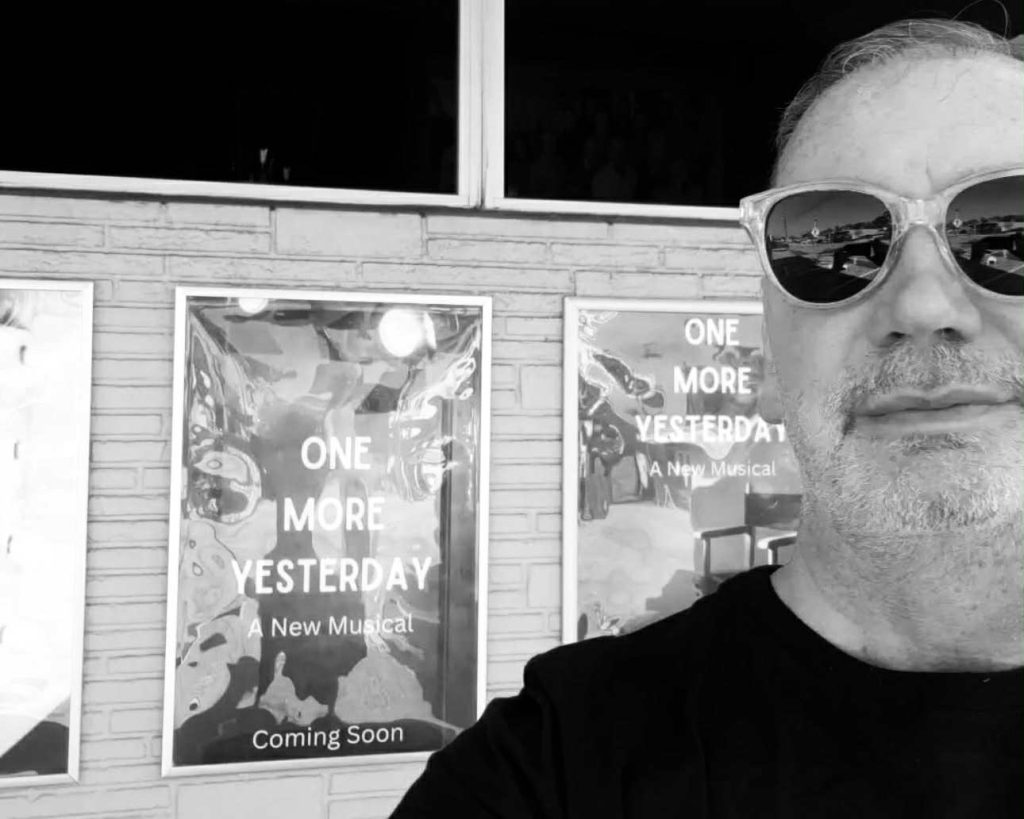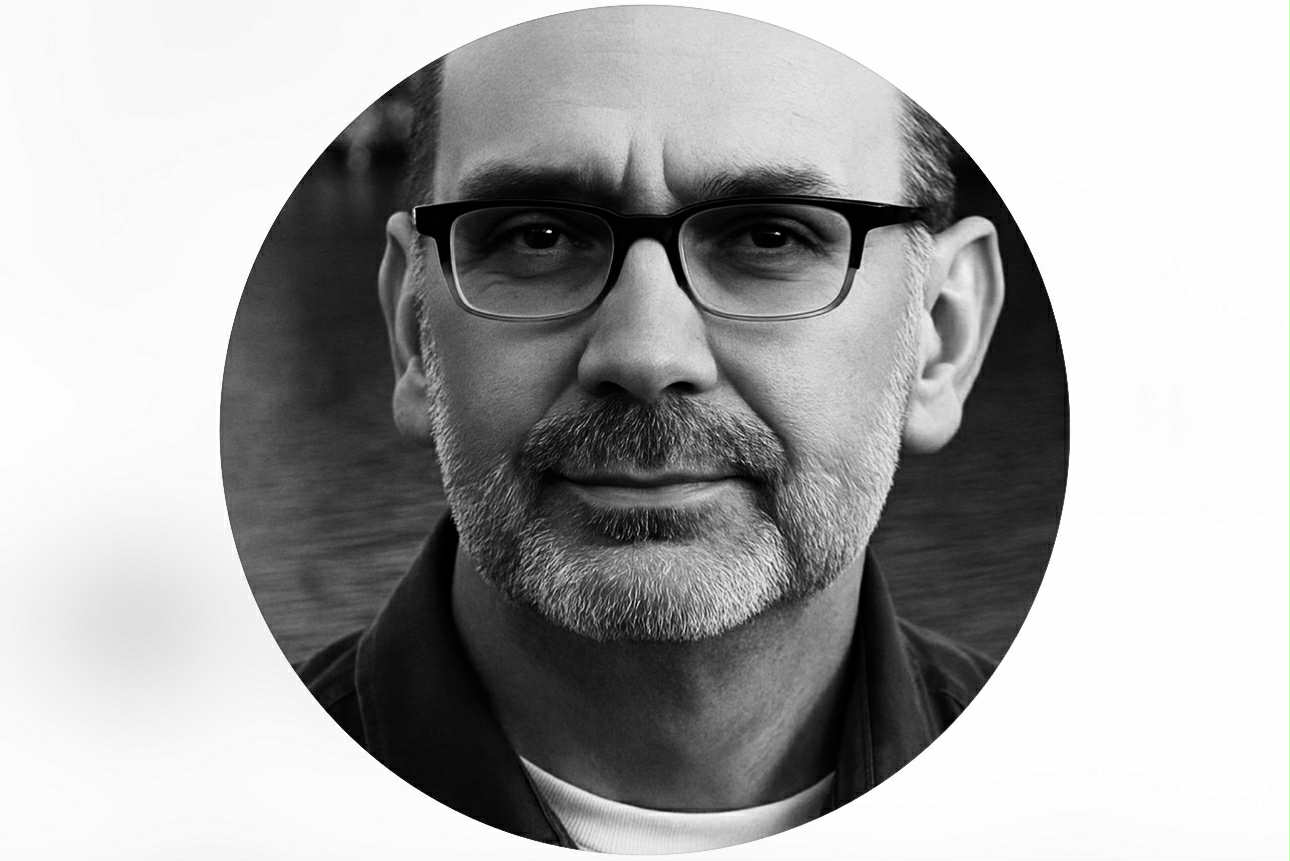
-Who is Dennis Manning?
Dennis Manning is a storyteller who believes the most dangerous thing you can give an audience is the truth—wrapped in beauty, laced with fire. An award-winning screenwriter, musician, and theater creator, he crafts modern noir worlds that pulse with human complexity, LGBTQ+ representation, and universal themes of love, identity, and survival. His work blends the intimacy of arthouse cinema with the tension of a midnight thriller—stories that linger long after the credits.
-Do you remember the exact moment you fell in love with cinema?
Yes. I was six years old, sitting in the front row with my big brother Doug, watching The Pit and the Pendulum. No couch to hide behind—just the looming screen, shadows swallowing light, and a sense that something dangerous was about to happen. I was terrified, breathless, and completely in awe. That night, I learned that cinema doesn’t just tell you a story—it traps you inside it. And I never wanted to leave.
-Tell us about your project More Going Down.
More Going Down is a Miami-set LGBTQ+ neo-noir where love, betrayal, and murder collide under the heat of Cuban nights. It opens with a body on the floor and unravels in reverse, exposing power plays, seduction, and the dangerous cost of loyalty. Inspired by the sultry danger of Body Heat and the structural mischief of The Usual Suspects, it’s a high-stakes dance between lovers and liars. At its heart, it’s about identity—how we weaponize it, hide it, and ultimately pay for it.

-Which Director inspires you the most?
Pedro Almodóvar—for his unapologetic queerness, emotional intensity, and ability to balance beauty with brutality. He proves that cinema can be intimate and explosive, a mirror and a Molotov cocktail at the same time.
-What do you dislike about the world and what would you change?
I dislike how easily people choose fear over empathy. Fear makes enemies out of strangers, silence out of truth, and walls out of bridges. If I could change one thing, I’d make empathy our first reflex—not our last resort.

-How do you imagine cinema in 100 years?
Cinema will be immersive in ways we can’t yet comprehend—audiences stepping inside the story. But its beating heart will remain the same: one person sitting in the dark, feeling a story reach out and grab their soul. Technology will change. The need for truth never will.
-What is your impression of WILD FILMMAKER?
WILD FILMMAKER feels like a home for the restless, the relentless, and the rebels. A place where cinema is not a product, but a pulse—measured by the bruise it leaves on the soul, not the numbers at the box office.

